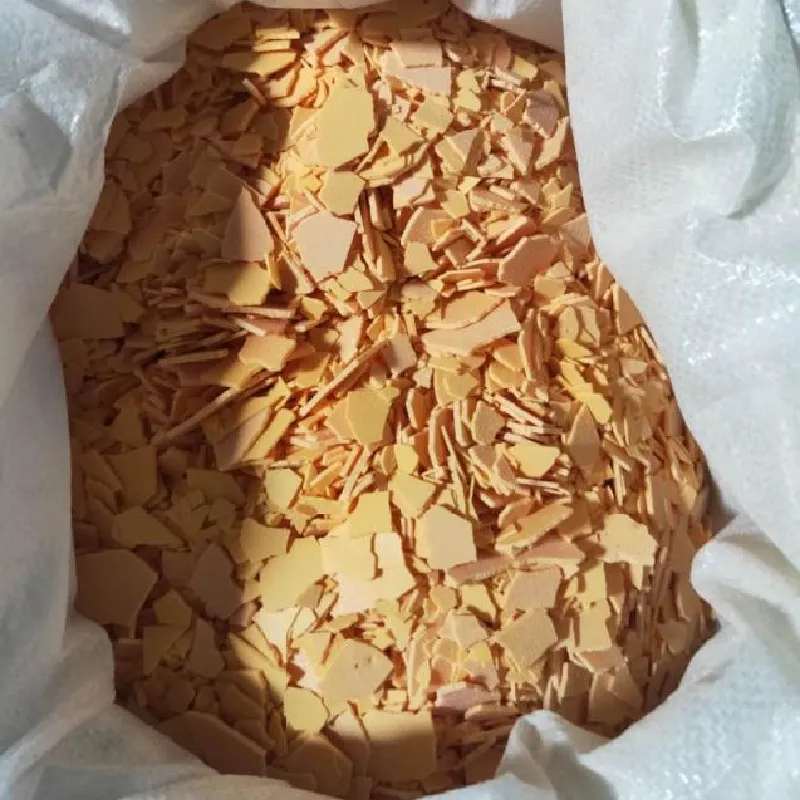
preservatives used in soft drinks
Preservatives Used in Soft Drinks An Insight
Soft drinks have become an integral part of modern life, offering a variety of flavors and options for consumers around the globe. However, the long shelf life and consistent taste of these beverages often hinge on the use of preservatives. Understanding the types of preservatives used in soft drinks and their implications can help consumers make more informed choices.
Preservatives in soft drinks primarily serve to extend shelf life, inhibit microbial growth, and maintain flavor integrity. Among the most common preservatives are sodium benzoate, potassium sorbate, and ascorbic acid. Sodium benzoate, for example, is widely used due to its effectiveness against yeast and molds, particularly in acidic environments, which are typical of many soft drinks. Its efficacy is further enhanced when combined with other preservatives, making it a popular choice among manufacturers.
Potassium sorbate, another prevalent preservative, is favored for its broad-spectrum antimicrobial properties. It works by preventing the growth of mold, yeast, and some bacteria, ensuring that beverages remain fresh during their shelf life. Additionally, it is often chosen for its relatively mild flavor profile, which allows for the preservation of the drink's taste.
preservatives used in soft drinks

Ascorbic acid, also known as Vitamin C, serves a dual purpose. Not only does it act as an antioxidant, protecting beverages from oxidation, but it also contributes to the nutritional value of the drink. This makes it a favorable option for health-conscious brands aiming to appeal to consumers by enhancing the perceived health benefits of their products.
While these preservatives play a crucial role in ensuring the quality and safety of soft drinks, there has been growing scrutiny regarding their health impacts. Some studies suggest that certain preservatives may cause allergic reactions or other adverse effects in sensitive individuals. Consequently, some brands have opted for natural alternatives or have removed preservatives altogether to cater to health-conscious consumers.
In response to consumer demand, many manufacturers now label their products more transparently, highlighting the absence of artificial preservatives. This shift reflects a broader trend in the beverage industry towards cleaner labels and healthier ingredients.
In conclusion, preservatives are vital in the production of soft drinks, helping to maintain flavor and ensure safety. While they serve necessary functions, consumer awareness and preference for natural ingredients continue to shape the industry. As we navigate this landscape, informed choices will empower consumers to select products that align with their health and lifestyle preferences.
-
nitrile-rubber-honoring-strict-production-standardsNewsAug.22,2025
-
aspartame-ingredients-honoring-food-safety-valuesNewsAug.22,2025
-
fertilizer-for-balanced-plant-nutritionNewsAug.22,2025
-
cyanide-gold-processing-with-high-purity-additivesNewsAug.22,2025
-
formic-acid-in-textile-dyeing-applicationsNewsAug.22,2025
-
aluminum-hydroxide-gel-in-skincare-productsNewsAug.22,2025
-
Regulatory Compliance for Global Mining Chemicals UseNewsAug.12,2025
Hebei Tenger Chemical Technology Co., Ltd. focuses on the chemical industry and is committed to the export service of chemical raw materials.
-

view more DiethanolisopropanolamineIn the ever-growing field of chemical solutions, diethanolisopropanolamine (DEIPA) stands out as a versatile and important compound. Due to its unique chemical structure and properties, DEIPA is of interest to various industries including construction, personal care, and agriculture. -

view more TriisopropanolamineTriisopropanolamine (TIPA) alkanol amine substance, is a kind of alcohol amine compound with amino and alcohol hydroxyl, and because of its molecules contains both amino and hydroxyl. -

view more Tetramethyl Thiuram DisulfideTetramethyl thiuram disulfide, also known as TMTD, is a white to light-yellow powder with a distinct sulfur-like odor. It is soluble in organic solvents such as benzene, acetone, and ethyl acetate, making it highly versatile for use in different formulations. TMTD is known for its excellent vulcanization acceleration properties, which makes it a key ingredient in the production of rubber products. Additionally, it acts as an effective fungicide and bactericide, making it valuable in agricultural applications. Its high purity and stability ensure consistent performance, making it a preferred choice for manufacturers across various industries.





